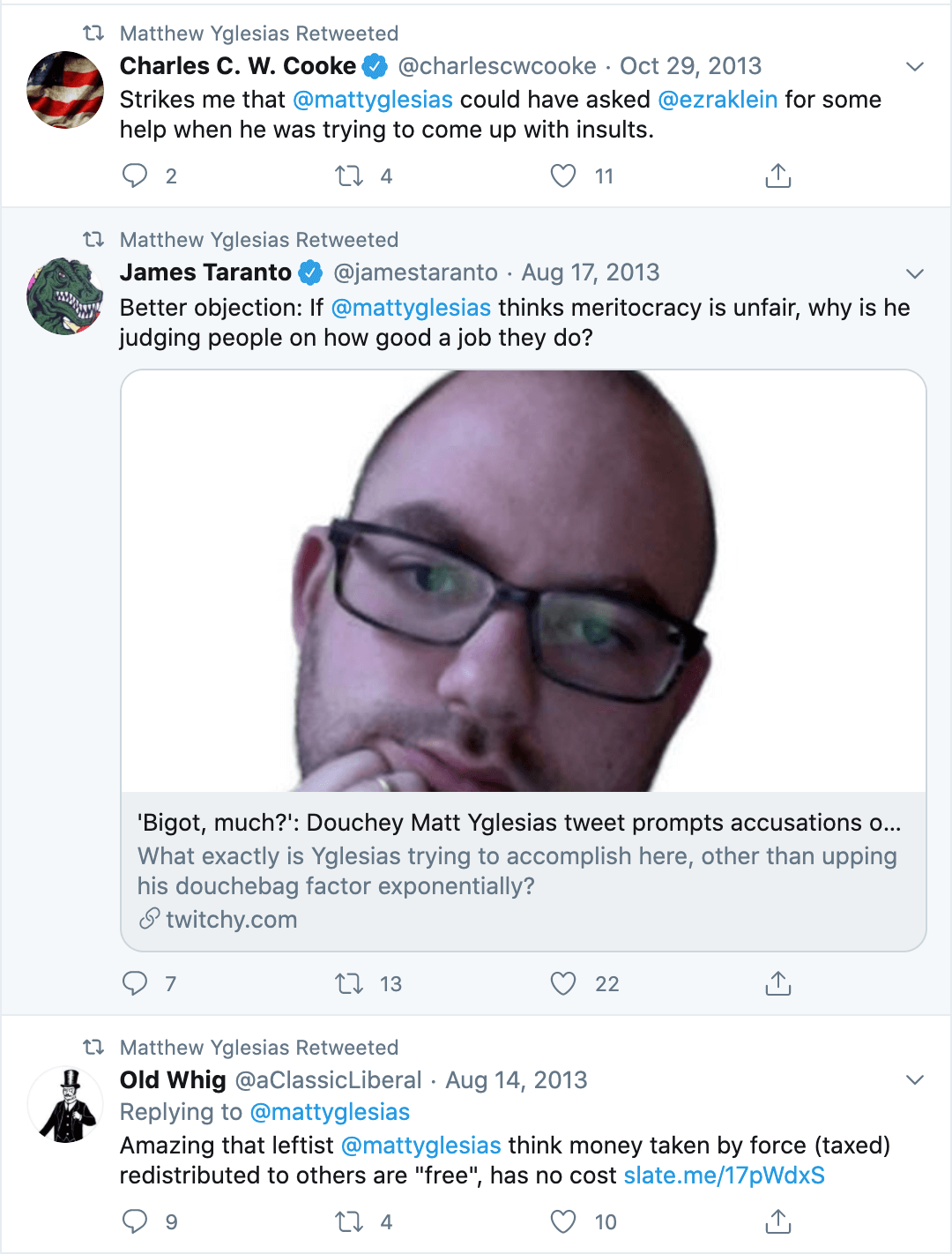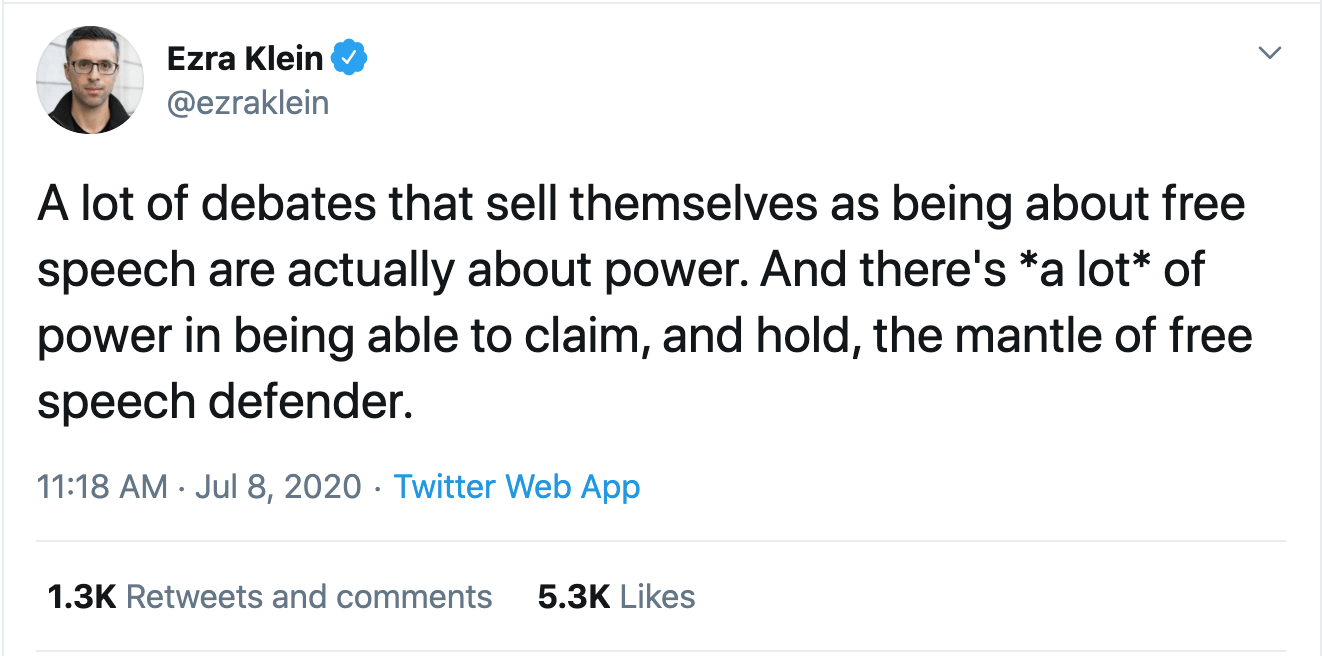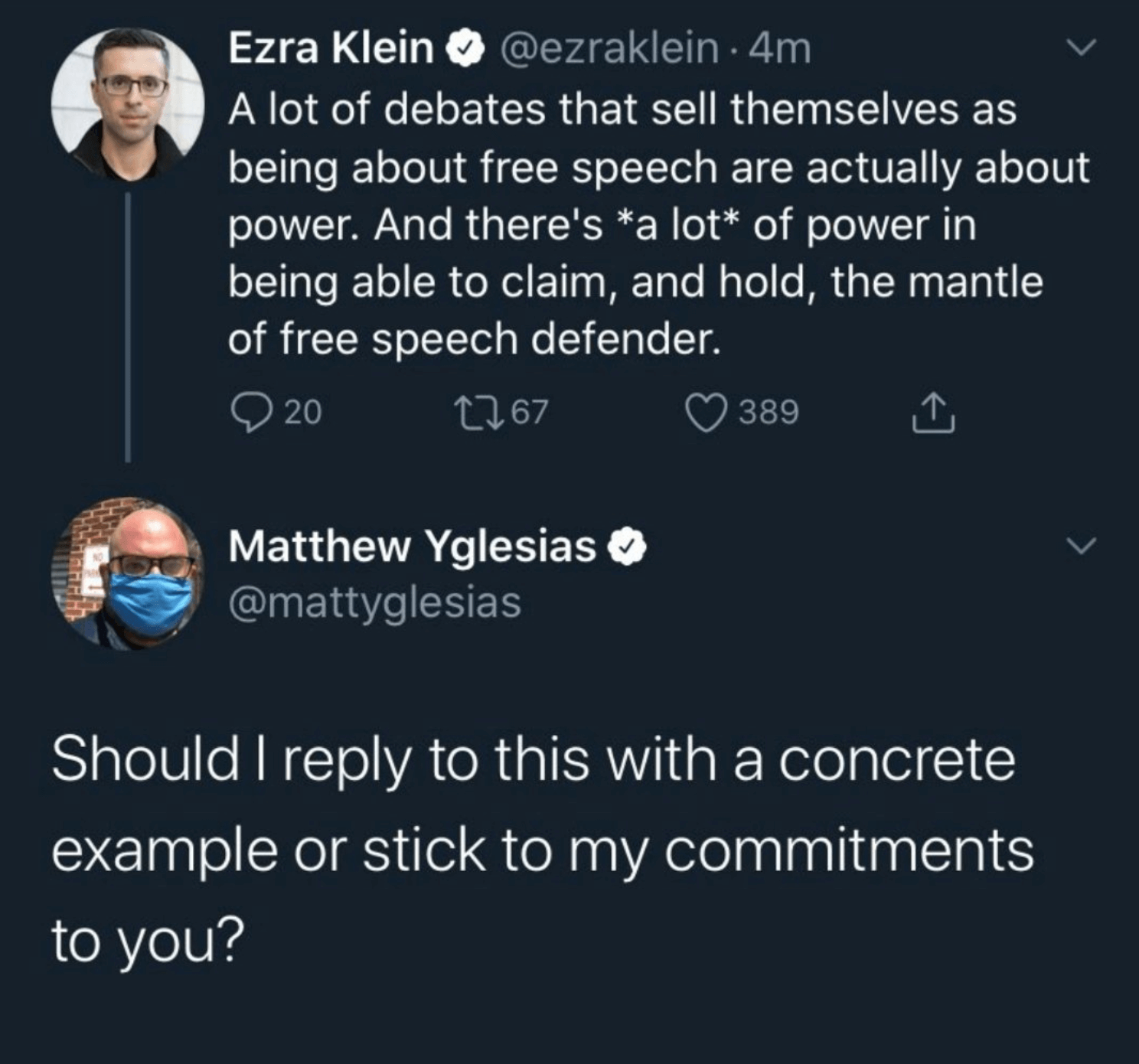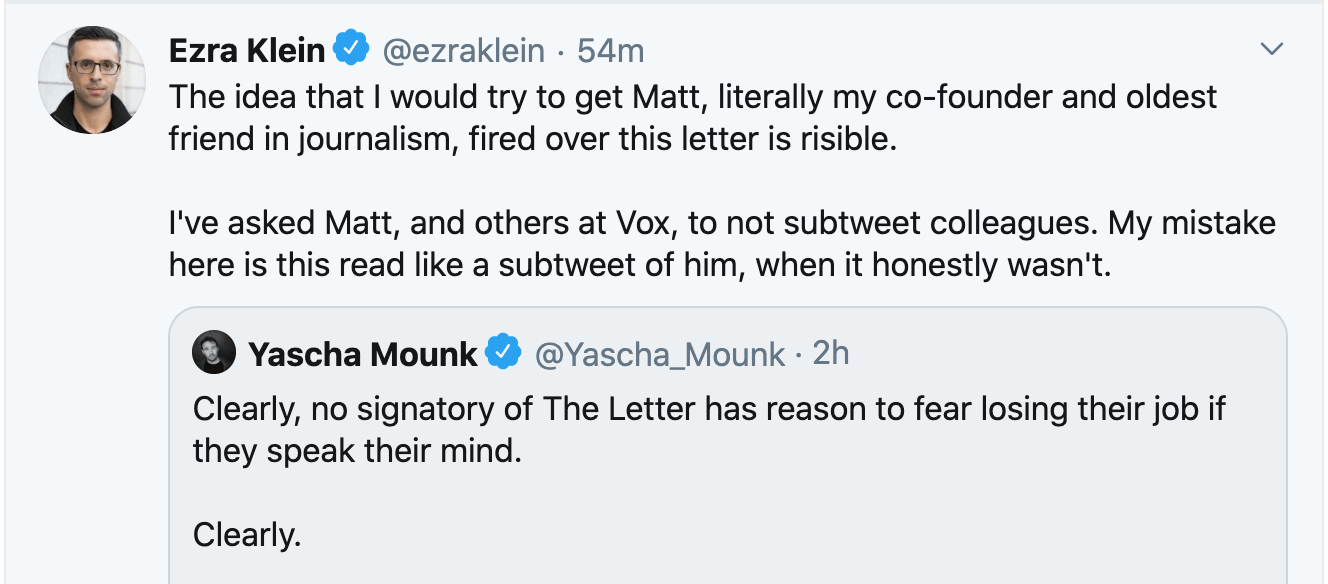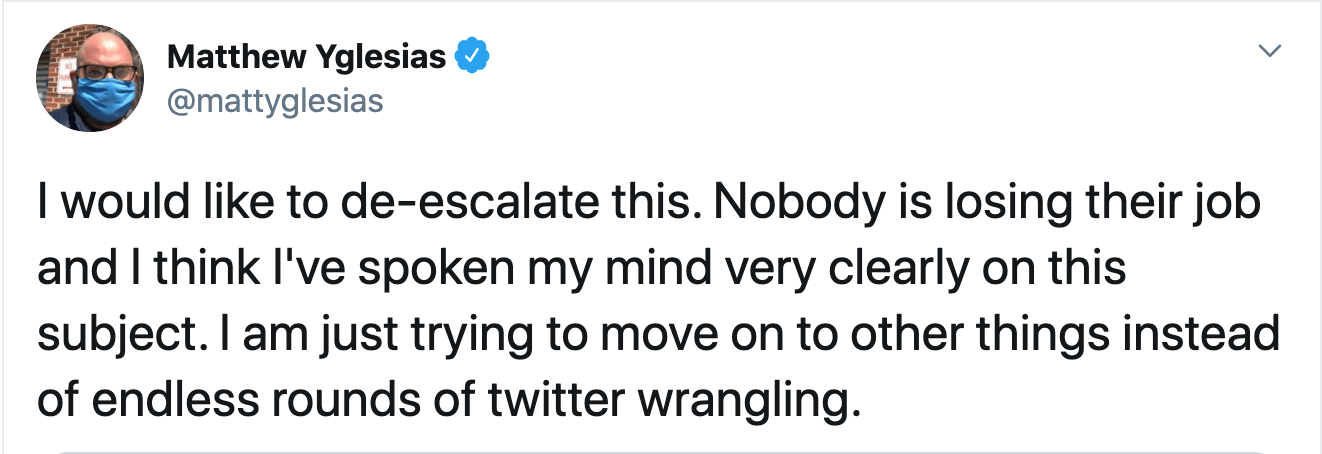[guest post by Dana]
A San Francisco lawmaker has introduced the CAREN Act (Caution Against Racially Exploitative Non-Emergencies Act) in an effort to deter any future so-called Karens from making false, racially biased 911 calls:
Calling 911 to report a fabricated, racially-biased emergency would be illegal in San Francisco under a new proposal called, appropriately enough, the CAREN Act.
“Racist 911 calls are unacceptable that’s why I’m introducing the CAREN Act at today’s SF Board of Supervisors meeting,” San Francisco Supervisor Shamann Walton tweeted Tuesday. “This is the CAREN we need. Caution Against Racially Exploitative Non-Emergencies.”
…
The proposed San Francisco legislation would hold people liable for calling 911 to report something they know is false or exaggerated, and based on racial bias.
Fellow San Francisco Supervisor Matt Haney co-authored the bill, and noted in a tweet: “Racist false reports put people in danger and waste resources.”
Obviously, the bill would apply to both men and women, but the supervisor is clearly pushing back on the recent spate of “Karens” who have filed police reports against black men.
While it is already illegal in California to make a false police report, the CAREN Act adds a hate crime designation based on the racial bias of a fabricated report.
California State Assemblymember Rob Bonta of neighboring Oakland, who introduced similar legislation in AB 1550, released a statement discussing why he believes there is a need for his bill:
Racism and discrimination of any form is morally repugnant. California must continue to reassert its commitment to diversity, inclusion, and equity. But those principles are being undermined by the persistent and, often fatal, presence of systemic and institutionalized racism, personal prejudice, and implicit bias in our society. AB 1550, when amended, will impose serious consequences on those who make 911 calls that are motivated by hate and bigotry; actions that inherently cause harm and pain to others. This bill is incredibly important to upholding our values and ensuring the safety of all Californians.
…If you are afraid of a black family barbecuing in the community park, a man dancing and doing his normal exercise routine in the bike lane, or someone who asks you to comply with dog leash laws in a park, and your immediate response is to call the police, the real problem is with your own personal prejudice.
Given that Bonta specifically included the woman in Central Park who called the police on the black birder because she felt threatened by him, he has already determined that, had she been in California, she would be in violation of AB 1550. Yet given the vigorous debate we have been having about whether said woman in Central Park was actually threatened or not, and whether she should have been charged, I don’t see this legislation as being much more than a sticky wicket for both the public and law enforcement. Bonta essentially decided that the only reason the woman in the park called the police was because the birder was black, and dismissed out of hand her belief that she was being threatened based on the words the birder said. With this new legislation, how would a legal determination be made about the viability of a threat, and whether the individual was justified in making a 911 call? Is anyone not concerned that, with the passage of this bill, there will be an increased likelihood that individuals, particularly white women who are actually being threatened by a black male, might be reluctant to make an emergency 911 call? At some point, a subjective determination would need to be made as to whether an individual who believed they were being threatened, was actually being threatened and how much of their perception was based on racial animus. While I understand the concerns of wasting precious time and resources on fabricated calls, and even more importantly, the emotional damage that occurs when a black male is falsely targeted, is this the most effective way to solve the problem? I don’t think so.
–Dana
UPDATE BY PATTERICO: I thank Dana for writing this post and would like to amplify her concerns by noting that this bill flies in the face of longstanding public policy. In Walker v. Kiousis, a CHP officer brought suit against a motorist alleging that the motorist had fabricated allegations in a misconduct complaint. The officer submitted a tape recording of the encounter as proof.
Kiousis filed a citizen complaint against Walker with the CHP. Kiousis alleged that during the arrest Walker had used profanity in speaking to him, had threatened him with physical violence, and had threatened him with three days in jail if he did not take a blood test.
. . . .
The tape recording failed to show that either officer at any time (1) told Kiousis, “Put your fucking hands behind your head”; (2) said anything about Kiousis getting his “ass kicked”; or (3) told Kiousis he would be in jail for three days if he did not take a blood alcohol test.
The court ruled against the CHP officer on numerous grounds, but the one that interests me was the motorist’s absolute privilege extending to statements in an official proceeding, which include reports of suspected illegal activity. The court cited the case of Imig v. Ferrar for the proposition that “The importance of providing to citizens free and open access to governmental agencies for the reporting of suspected illegal activity outweighs the occasional harm that might befall a defamed individual. Thus the absolute privilege is essential.” Imig itself makes it clear that the privilege extends to all sorts of complaints:
In King, the absolute privilege was applied to a letter written to the state Real Estate Commissioner charging misconduct by a broker. Likewise in Martin the privilege was extended to a letter written by a parent to a high school principal alleging unfitness of a teacher. In Ascherman it was extended to an interview which was preliminary to a hearing before the hospital board. The policy underlying the privilege is to assure utmost freedom of communication between citizens and public authorities whose responsibility is to investigate and remedy wrongdoing. As stated in King v. Borges, supra, 28 Cal. App. 3d 27, 34, “It seems obvious that in order for the commissioner to be effective there must be an open channel of [70 Cal. App. 3d 56] communication by which citizens can call his attention to suspected wrongdoing. That channel would quickly close if its use subjected the user to a risk of liability for libel. A qualified privilege is inadequate protection under the circumstances. … [¶] The importance of providing to citizens free and open access to governmental agencies for the reporting of suspected illegal activity outweighs the occasional harm that might befall a defamed individual. Thus the absolute privilege is essential.”
In those cases, the misconduct or illegality being reported is of an official, unlike, say, the lady in Central Park, who was reporting conduct of a citizen. However, the “importance of providing to citizens free and open access to governmental agencies for the reporting of suspected illegal activity” extends not just to reporting misconduct of public officials but to the reporting of any suspected illegal activity. The same government that proposes this CAREN act tells you “if you see something, say something.” But if you say something, we might prosecute you?
I propose my own KAREN bill, to outlaw calling people “Karen” unless their name is Karen. (You come up with the acronym; I lack the “create stupid acronyms” gene and accordingly will never run for office.) As for this bill, how about no.

